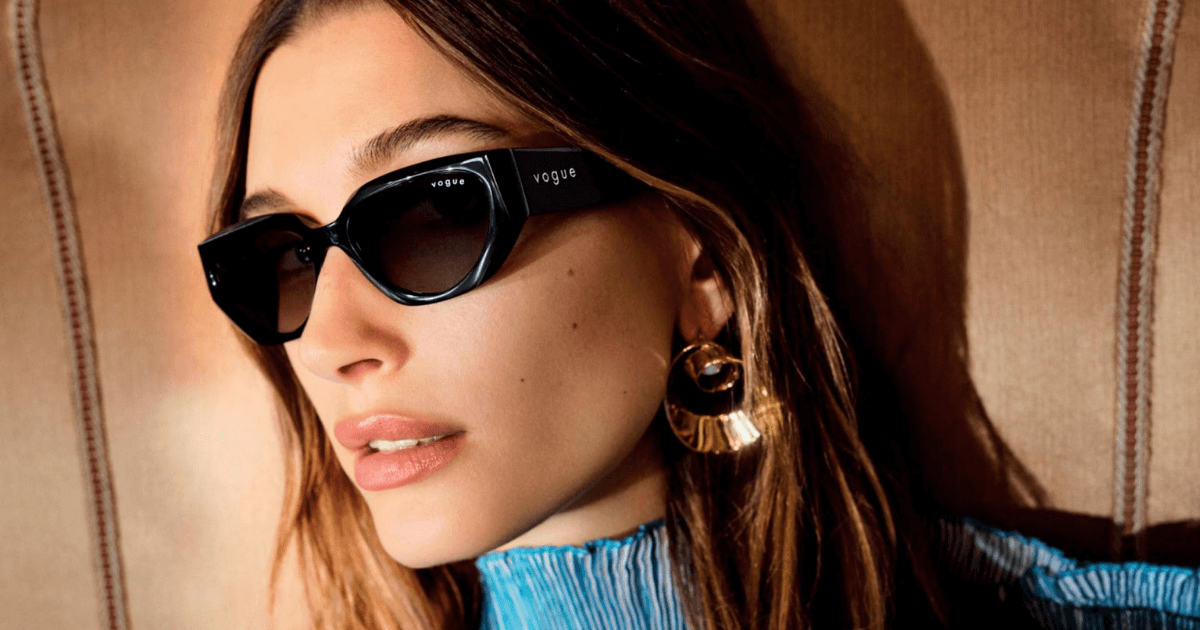
Eyewear Suppliers Set Sights on Licensing
The eyewear industry is sharpening its focus on licensing.
It’s not that licensing deals are new for the category—Charmant recently renewed an eyewear agreement for the Elle brand that it has had for 25 years—but the range of them is broadening.
For example, Eyewear Designs launched eyeglass frames with Basic Fun’s K’Nex toy brand targeting four- to 12-year-olds through Sam’s Club and is expanding distribution this year, said Michael Shavitz, VP of sales. The company has also long had agreements for New Balance, Hello Kitty, Moleskine, and Tony Hawk.
And while Safilo suffered the loss of LVMH’s Fendi, Christian Dior, and Givenchy brands, it has come back with more targeted brands like Ducati, which launched earlier this year and is being sold through the motorcycle company’s 791 dealers with frames that are tapered to fit under a helmet. Safilo is also introducing luxury apparel brand DSquared2 into the eyewear market along with Italian influencer Chiara Ferragni.
“With each brand, we are trying to cover a different part of the market. The newer brands that we are bringing in have a distinct positioning in a segment that we are not currently in, and are filling gaps in our line,” said Susan Van Put, senior brand manager at Safilo.
That positioning is critical for opticians, optometrists, and ophthalmologists. Referred to as the “three O’s” by those attending Vision Expo in New York last week, these professionals rely heavily on branded glasses supplied by companies that typically don’t have instant name recognition with consumers.
One of the largest eyewear companies EssilorLuxottica unveiled a version of its Vogue sunglasses that were co-branded with model Hailey Bieber. The sunglasses are being sold through Amazon, but rely heavily on Bieber’s social media following to drive consumer interest, something that is common with many eyewear brands. The company also has a similar agreement with Vogue and actress Millie Bobby Brown.
“Because of who [Hailey Bieber] is and the following that she has, this can really expand the brand,” said Nicole Halm, product manager at EssilorLuxottica. “When you find someone and you like their style it will drive you to buy their products, whether it’s accessories or fashion.”
And as consumers emerge from the pandemic world and return to in-person work, they’re drawing from a more colorful palette for their eye frames. Blues, green, and crystals were in vogue at Vision Expo.
“Color seems to be important now and that’s part of people sitting in the house and watching their own image for the past two years and wanting to change out those black tortoiseshell frames,” Shavitz said. “Maybe it’s not pinks and purples, but we are definitely driving men into greens and blues and women into crystals. We are seeing people getting a little bit more fashion-conscious.”
Also helping drive sales—especially with the coveted Gen Z and Millennial consumers—is the increasing use of sustainable materials in eye frames. Many are smaller niche brands like Proof (wood, cotton-based acetate, recycled aluminum, and repurposed skateboard decks) and Genusee (recycled plastic bottles), whose frames are produced in Flint, MI and are priced starting at $99. But there’s also Charmant’s Eddie Bauer eyeglasses and sunglasses that are available in 12-15 styles using cottonseed and wood fiber-based materials to play off the brand’s reputation as an outdoors expert.
“There are consumers that are looking for sustainability in everything they buy,” said Van Put. “There is a little of an added cost to these, but I think those that are looking to buy these types of frames are willing to pay a little more.”

















